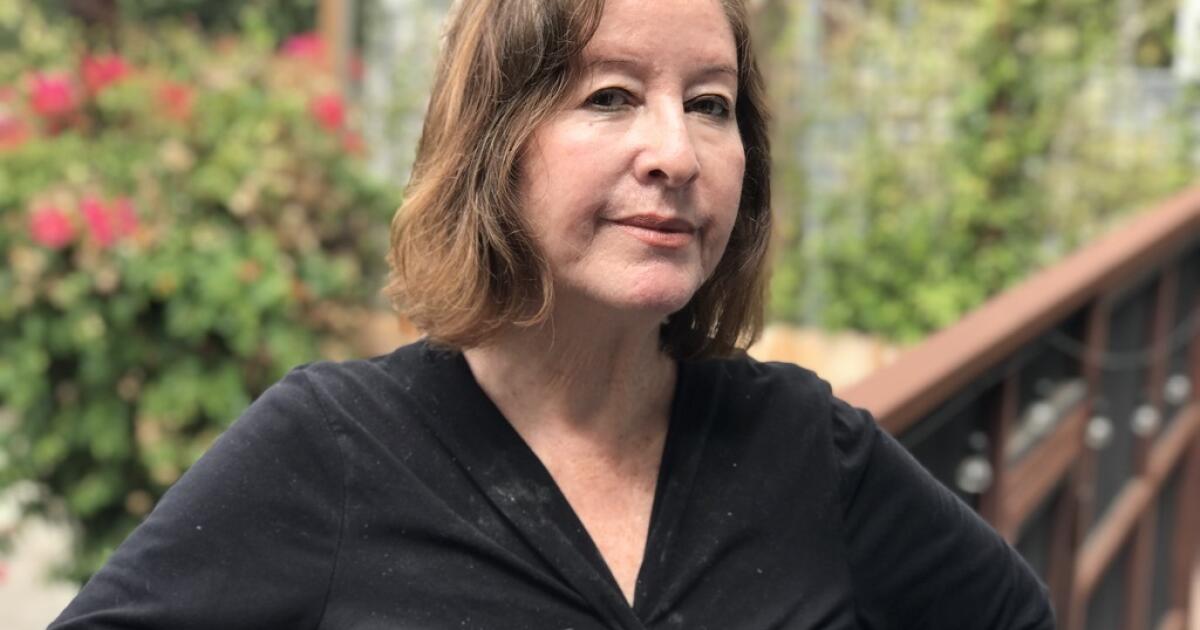Gloria Romero announces run for California lieutenant governor
Gloria Romero, a former Democrat and state Senate Majority Leader, announced Monday she is running for lieutenant governor as part of a ticket with GOP gubernatorial candidate Steve Hilton, a former Fox News commentator.
“At the end of the day, it’s really about one-party rule in Sacramento. I’ve seen it. I left it,” Romero said in an interview. “We’ve got to make a change, otherwise we will never turn around on accountability or affordability and fight for working families like the Democrats once said the party stood for. Those days are gone. It’s a new day, and I’m proud to work alongside Steve in this exciting race to make California Golden again.”
Hilton, who has a long-standing political relationship with Romero, said her expertise in the state Capitol is among the reasons he selected her. Romero served in the state Senate and Assembly for about 12 years, including three as the state Senate’s first female majority leader.
“She’s been incredibly helpful already, helping me understand how Sacramento works and doesn’t work,” Hilton said. “When I’m the governor I will have to work with the legislature. And one of the most important things that I see as a real benefit from having Gloria there with me is that she’s not just been in the legislature, she’s led one of the chambers. She really understands how it works and still has relationships.”
Other candidates running for lieutenant governor include Treasurer Fiona Ma, former Stockton Mayor Michael Tubbs and Josh Fryday, a member of Gov. Gavin Newsom’s cabinet, all Democrats, and state Sen. Brian Jones (R-Santee).
Romero was a lifelong Democrat, including co-chairing President Obama’s 2012 reelection campaign in California. But she began to break with her party over education reform, notably her support for school choice.
“Education is the key to the American dream, and yet my party was so beholden to the teachers union, the alphabet soup of power influencers in Sacramento,” she said.
Invoking the words of the late President Reagan, Romero said she didn’t leave the Democratic party, the party left her. She became a registered Republican in September 2024 after what she calls a “political coup” to oust President Biden as the Democratic nominee. She then endorsed President Trump and spoke at a rally supporting him near Coachella.
She said the lieutenant governor’s role is typically a sleepy perch for politicians as they bide their time to run for higher office.
“It should not be that way,” Romero said, adding that the lieutenant governor’s role on the boards that oversee the UCs, Cal States and community college is a particularly good fit for her wheelhouse. “Education and turning around education, it’s in my blood, it’s in my dreams. It’s my passion.”
Unlike presidential elections, statewide contests do not feature running mates; each candidate must be elected on their own merits.
Hilton said Romero was the first member of his “golden ticket for California” and that he planned to roll out other statewide candidates who will join their effort.
“I know it hasn’t been done before. It’s not how things are normally done,” he said. “But right from the beginning, when I was thinking about my race for governor, one of the things that I really wanted to do was to put together a strong team, because turning around California is going to take a strong team.”
